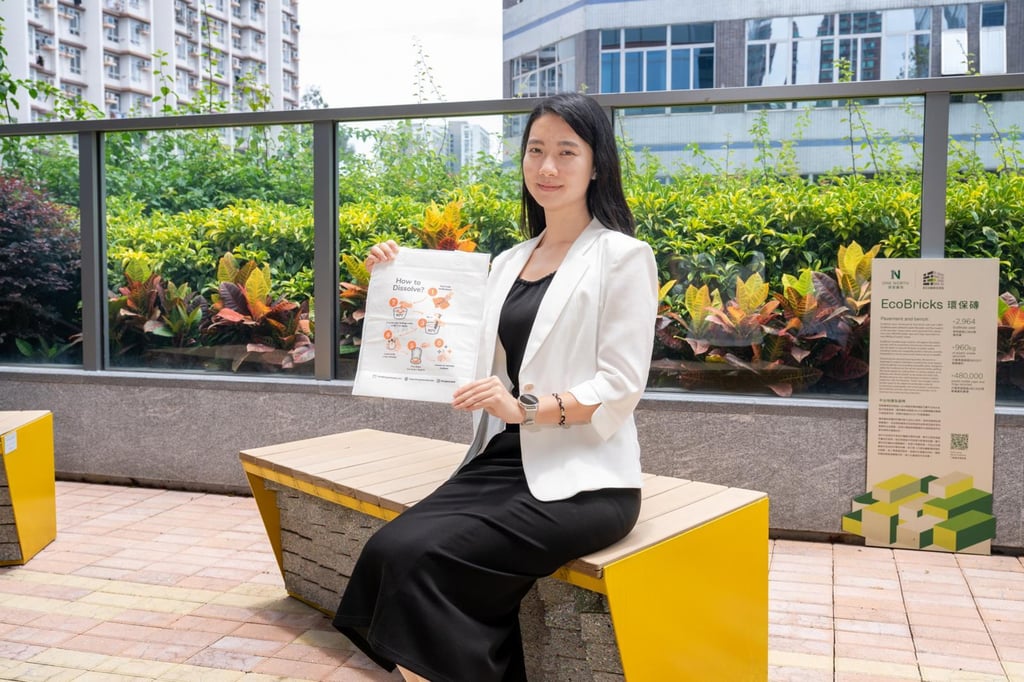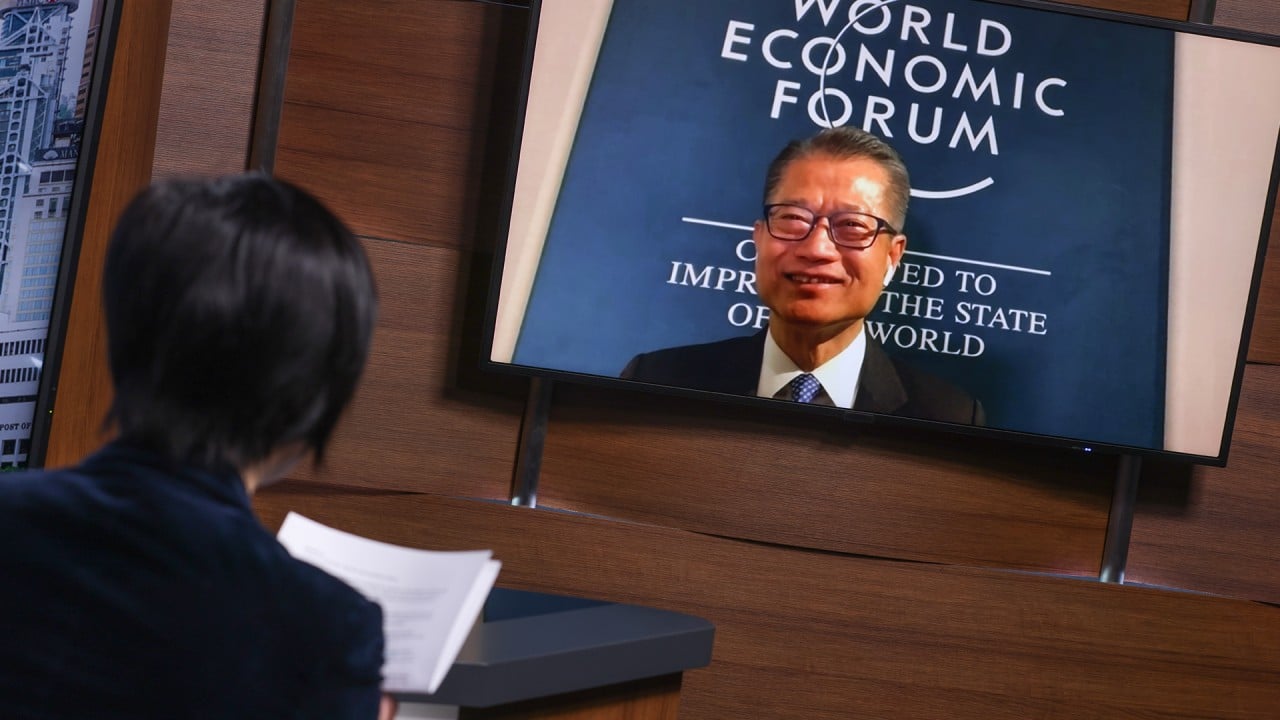Hong Kong companies favour markets closer to home and in Southeast Asia to grow their businesses because of higher tariffs and other trade barriers in the US and Europe, according to a survey by HSBC, with many expressing confidence about their expansion plans.
They include EzyGreenPak, a year-old start-up offering environmentally friendly packaging products made of water-soluble and biodegradable non-woven fabrics, which is setting its sight on gaining new customers in Taiwan, Singapore and Malaysia, founder Wendy Lam said.
“Rising shipping and air transport costs, along with high tariff barriers, have prompted us to relegate the US and European Union markets in our priority list,” she said, adding that the firm had held an exhibition in Bangkok to gauge market conditions. “These factors create disadvantages for our development goals.”

The pivot is supported by Hong Kong and Beijing’s efforts to forge stronger ties with markets in Southeast Asia and the Middle East as US-China trade ties remain tense, after President Donald Trump launched his so-called reciprocal tariffs and the EU slapped punitive tariffs on China’s electric vehicle exports.
Financial Secretary Paul Chan Mo-po held meetings with Hou Yanqi, China’s top officials in Southeast Asia in January to boost bilateral trade and investment. Chan also led a delegation to the Middle East, laying the foundation for stronger financial market linkages.
One in four Hong Kong companies considered expanding into South Asia, according to HSBC, which surveyed 5,750 global firms in 13 markets from April 30 to May 12 about tariffs and international trade. Half of the Hong Kong respondents named mainland China as their top pick, while 23 per cent chose Europe, it said.
Nearly three-quarters of Hong Kong businesses said they were confident about growing their business globally over the next two years, the survey showed, despite Trump jacking up tariffs on Hong Kong exports to as high as 54 per cent in April.



